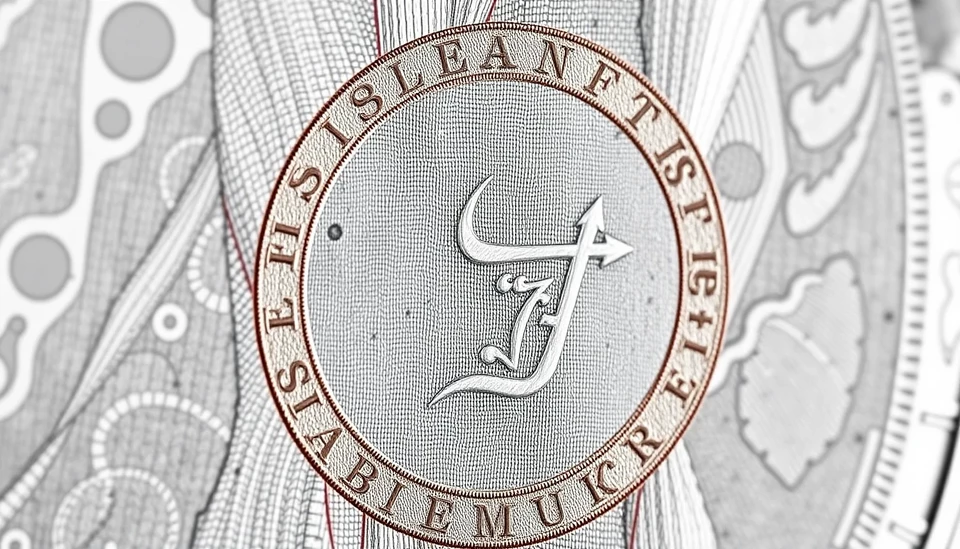
In a crucial move to bolster the struggling forint, the Hungarian central bank has decided to keep its key interest rate steady at 13%. This decision comes as the nation grapples with economic pressures and a notable decline in its currency's value. The central bank's latest announcement aims to provide a safe harbor for investors and reinforce confidence in the beleaguered financial landscape.
The decision to maintain the interest rate is strategic, intended to support the forint, which has faced significant volatility. Over recent times, the currency has experienced sharp fluctuations, prompting concerns among investors and policymakers alike about Hungary's economic stability. By keeping the rate unchanged, the Bank of Hungary signals its commitment to combating inflation and safeguarding the purchasing power of the forint.
The central bank governor, Jézus Matolcsy, emphasized the importance of steady monetary policy in his public statements, highlighting the nuanced approach needed to navigate Hungary's complex economic environment. Analysts noted that maintaining the current interest rate is a response to both internal and external economic pressures, including global market trends and domestic inflationary dynamics.
Experts in the financial sector have welcomed the decision, viewing it as a proactive measure to foster stability. The forint has remained under pressure due to various factors, including geopolitical tensions and rising costs of living, which have been exacerbated by inflationary trends. By keeping the interest rate at 13%, the Bank of Hungary aims to reassure markets and encourage capital inflows, which are crucial for strengthening the currency.
In the wake of this announcement, market reactions have been closely monitored. Investors are keenly observing any shifts in the economic indicators that could signal further changes in Hungary's monetary policy. Continued scrutiny of inflation rates and currency performance will be necessary as the central bank navigates these turbulent waters.
The Bank of Hungary's decision reflects broader trends in the region, where many nations face similar challenges in managing inflation while supporting their currencies. The central bank remains vigilant and prepared to adjust its policies as required to ensure sustainable economic growth and stability in the future.
As Hungary stands at this economic crossroads, the eyes of investors and analysts will remain trained on the forint and the bank's monetary policy, watching closely for any indications of potential changes in interest rates or other economic measures that could impact the financial landscape moving forward.
In conclusion, Hungary's steadfast approach to maintaining its interest rate showcases the government's recognition of the gravity of the situation and its determination to foster a more stable economic environment. The country's economic future hinges on this careful balancing act, as policymakers strive to navigate the multifaceted challenges ahead.
#HungaryInterestRate #ForintStabilization #EconomicPolicy #BankofHungary #FinancialMarkets
Author: Laura Mitchell




